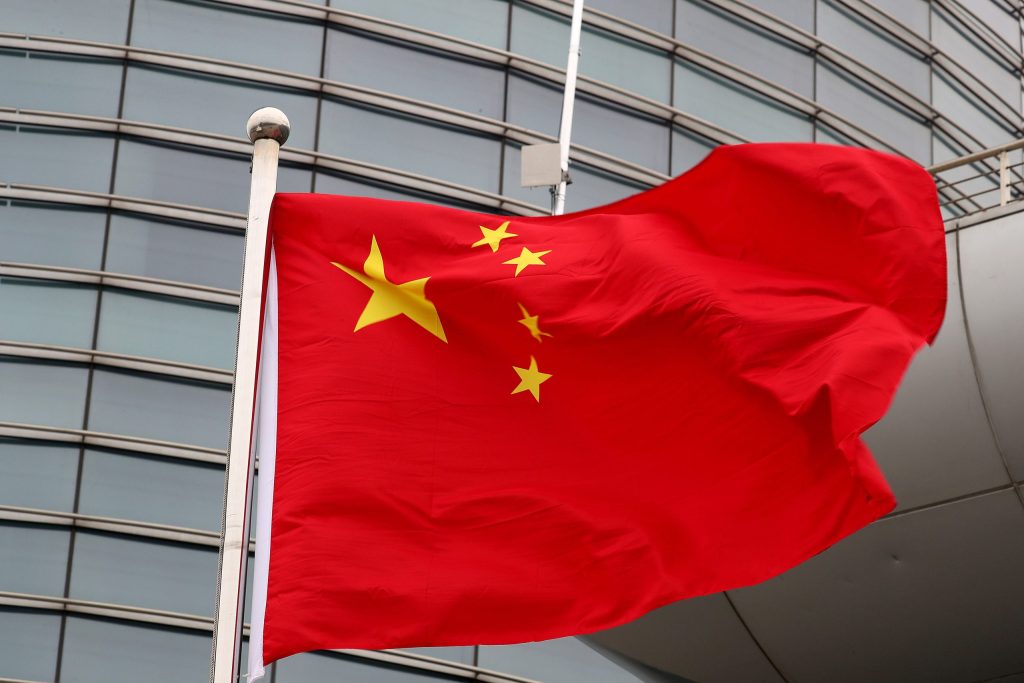China, record loss for Country Garden and Moody’s lowers rating. “Time bomb”?

From
Aug 31, 2023 6:29 p.m
country garden, one of the largest real estate developers in China, warned of an impending default. The company reported a record loss of $6.7 billion (equivalent to 6.1 billion euros and 48.9 billion yuan) in the first six months of 2023 due to the Chinese real estate crisis. The company “deeply regretted” the disappointing results.
The announcement helped raise concerns about the post-pandemic recovery of the world’s second-largest economy. Country Garden also announced that it did not pay interest on bonds maturing this month. However, he said he still had 30 days to make payments. The company is also reportedly looking to extend the repayment of another bond issue. Country Garden has warned there could be defaults if its financial performance deteriorates further.
Results match estimates, however Moody’s downgraded the company even further
The result reported today is in line with the group’s estimate from early August between 45 and 55 billion yuan. A year ago in the same period, Country Garden achieved a slight profit of 612 million yuan. The company is now threatened with the payment of a 3.9 billion yuan (about 500 million euros) bond issue, which is due in the next few days. Country Garden’s shares lost 3.30% on the Hong Kong Stock Exchange.
In a document, The company explained:
The Group may not be able to meet its financial obligations under these loans, which could result in a default on these loans and a cross default on some other loans
In addition, Moody’s with a downgrade from “Caa1” to “Ca” Country Garden’s corporate family rating and its senior unsecured rating were upgraded to “C” from “Caa2,” a rating that puts the company close to default. The outlook remains negative.
He claims Kaven TsangSenior Vice President at Moody’s:
Rating downgrades with a negative outlook reflect this low liquidity of Country Garden and the increased risk of default and the likely weak recovery prospects for the company’s bondholders
Moody’s assumes that the company does not have sufficient internal sources of liquidity You must anticipate the upcoming maturity of the bonds Offshore, given weaker sales and significant debt maturing in the next 12 to 18 months.
The difficult real estate situation in China
This company’s troubles are part of a broader phenomenon: the entire Chinese real estate sector has been in crisis for some time, although it has been driving economic growth and worth for years about a quarter of the country’s GDP. One of the most notable and exemplary phenomena concerned the crisis of Evergrande, a giant Chinese conglomerate that symbolizes the sector’s great growth and went bankrupt in 2021, proving to be the most highly indebted real estate development company in the world. But it was apparently not the only thing: China’s largest real estate companies also showed themselves to be highly indebted. The crisis was caused by a number of factors, including new rules introduced by the Chinese government to control borrowing by large real estate companies.
Evergrande, once China’s top-grossing real estate developer, has racked up more than $300 billion in debt. Its financial troubles have spread to the rest of the real estate sector, and a number of other developers have gone bankrupt or defaulted on their debts. Evergrande itself has weekends registered a Loss of 33 billion yuan for the first six months of the year, with shares plummeting nearly 80% on the first day of trading in Hong Kong in a year and a half.
The real estate sector in China has been booming for two decadesWave of privatization which benefited the developers. But the crisis came in 2020, when a global pandemic and a shrinking population slowed home demand. The Chinese government fears a collapse similar to that in the US in 2008 and has limited the borrowing of property developers. As a result, the latter were located with Billions of dollars in unsustainable debt. Demand for homes has fallen sharply and house prices have fallen. This has hurt Chinese homeowners, who now have fewer savings.
Biden calls China a “time bomb”
The real estate crisis in China is another challenge for the Chinese economy, which is already facing weak economic growth, rising local government debt and record youth unemployment. Official data showed that activity at Chinese factories increased reduced for the fifth month in a row. The Purchasing Managers’ Index (PMI) fell to 49.7 in August, an improvement from the previous month, but is still below 50, indicating a decline.
In early August, US President Joe Biden described the world’s second largest economy as “A time bomb”predict growing discontent in the country.





